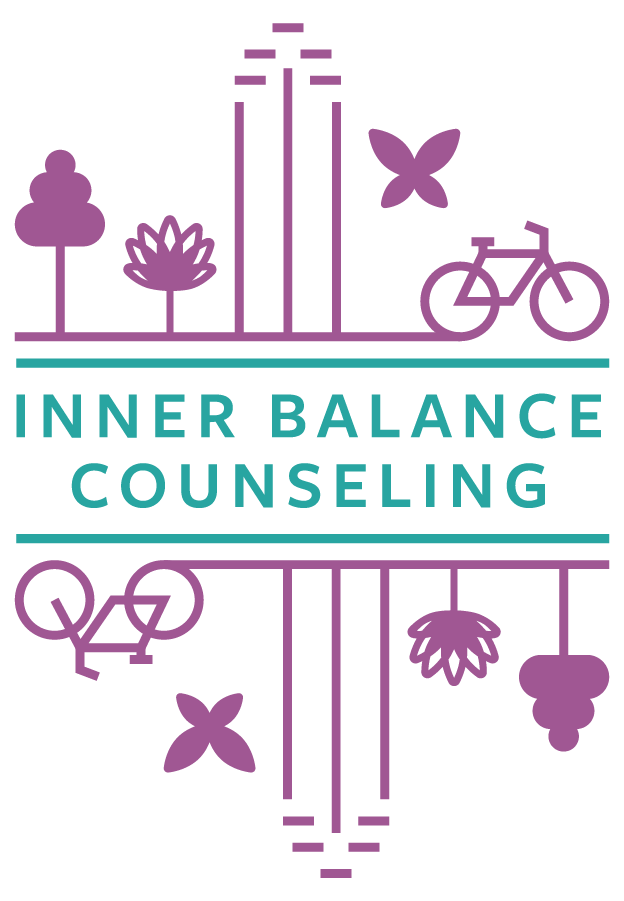The Dangers of the “Positive Vibes Only” Wave
Toxic positivity, or the “Positive Vibes Only” mantra, is a popular emotional trend. It is woven so deeply into most of the self-help books, podcasts, and social media accounts that have gained an insane amount of media attention and popularity. You know what I’m referring to: t-shirts branded with the message “No Bad Vibes,” powerful mental health figures and authors instructing people to “cut out what no longer serves them,” and dismissing our emotional experiences because “we could always have it worse.” This phenomenon is quite literally everywhere you look.
Toxic positivity refers to the idea that we should remove all sources of negativity from our lives, that we should distance ourselves or create boundaries with people who exude negative energy, and that we should only do the things that make us feel amazing about ourselves and the world. This phenomenon has gained momentum based on the false promise that life can (and should) be all rainbows and butterflies.
While this mindset provides us with some ideas worth considering, such as the importance of boundaries and the power of positive thinking, it can also be quite damaging. Don’t get me wrong; I believe in the undeniable importance of positivity and surrounding yourself with people who bring out your best. However, I also strongly believe in the dangers that lie in denying ourselves the opportunity to experience the full spectrum of human emotion. Consider these important points:
1. Pain and discomfort are prerequisites for change.
Pain is essential to our transformation. Discomfort is the emotion that signals to us: “I am not okay. Something in my life must change.” This emotion illuminates certain patterns and behaviors that we have potentially outgrown or that no longer serve a purpose in our lives. Allowing ourselves to sit with pain, or discomfort, or insecurity, or any of these “negative” emotions that we spend our lives trying to avoid is the path by which we become. It is only when we stop running from these emotions that we can ever transcend our current realities.
2. This mindset may excuse us from taking responsibility for ourselves.
Read that one again. If you feel mildly attacked right now, welcome to the majority. When we endorse the “positive vibes only” mindset, we may actually be avoiding useful information. Most negative emotions serve as some sort of mirror for us and communicate important messages. For example, think back to the last time you felt jealous. That feeling of jealousy is likely linked to some insecurity or some core belief, which probably shows up in other areas of your life. The “positive vibes only” mindset, however, encourages you to neglect this feeling or to leave the relationship in which the jealousy originated. This mindset literally prohibits you from being introspective and doing the inner work. As a result, you will most likely leave this relationship and suppress this feeling until you find yourself in another relationship, and voila! Here comes that icky feeling again.
3. This belief system keeps us stuck.
By now, it should be clear that everyone experiences negative emotions at some point or another. Sadness, pain, fear, disappointment, and everything in between is all part of our genetic makeup. We were intended to feel these emotions, and these emotions are intended to help us become better, more whole versions of ourselves. Negative, unpleasant emotions provide us with rich information. They signal to us what we need and what we do not need, and sitting with these emotions is our only way to access our deepest sense of inner wisdom and Knowing. Intuition speaks to us through the language of emotions. When we spend our lives trying to avoid these uncomfortable feelings, it is with the hope that they will somehow miraculously “go away” so that we can proceed with our blissful existences. Spoiler alert: It never actually works this way. In fact, by shaming yourself for having an emotion and by attaching a “negative” title to your experience, you are actually keeping yourself stuck. Think about it. Now you are not only having to grapple with the initial emotion, but you are also feeling the additional weight of shame. At this point in our emotional experience, toxic positivity signals to us that we are somehow wrong, flawed, or incomplete.
In what ways are you being victimized by toxic positivity? How has this idea crept into your beliefs, behaviors, and relationships? The first step in combatting toxic positivity is to begin acknowledging all components of your emotional experience. When trying to escape the grips of toxic positivity, most people do not know where to begin. We are not taught how to access our unpleasant emotions, and we are certainly not encouraged to sit with our own discomfort. Here are a few tips to help you stay present in difficult emotional situations:
Talk to yourself as you would a 5-year-old child in pain. Acknowledge the difficulty of what it is you are experiencing and grant yourself permission to feel upset.
Utilize the 3 A’s.
Become aware of the intense emotion you are experiencing.
Allow the experience to be. Feel it in your body.
Choose an alternative action. Rather than shaming yourself or creating distance from this experience, offer yourself some kind words or give yourself a small hug.
Making space to feel the fullness of human experience allows us to cultivate a sense of equanimity. Equanimity is the ability to be with an experience, no matter what is happening, without being knocked off balance emotionally. With equanimity, we become less reactive and our perspective becomes clearer. This may be easier said than done at first, but with practice and consistency, you will feel much more comfortable feeling uncomfortable. And remember, that is the goal! Discomfort is the fuel that propels us to our next destination. Where is it that you will go?
Emily Sands
LAMFT
Inner Balance Counseling

